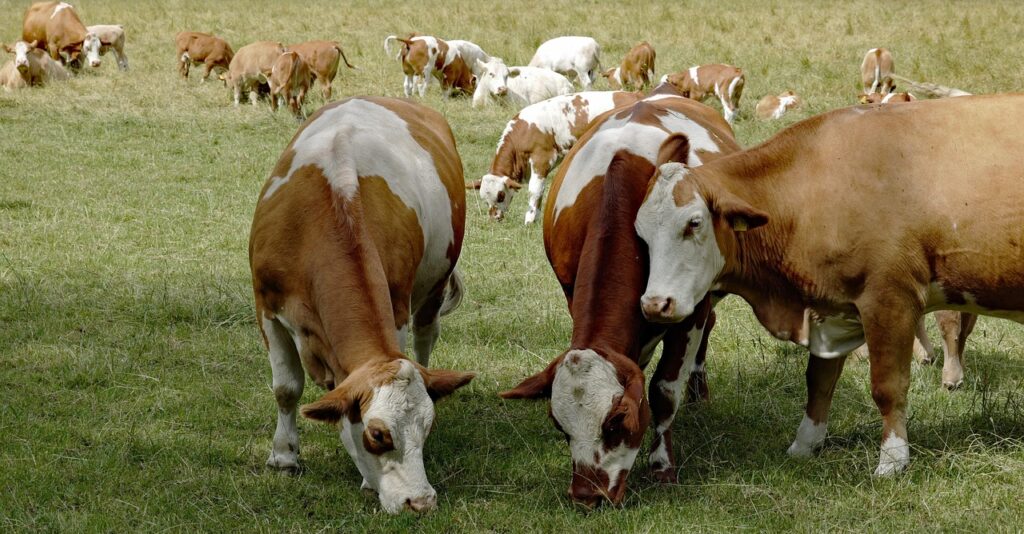Economics Module 1 - Collective Action Problems
- Instructor Prep: 2 hours | Seminar: 1 class slot
- Keywords: Collective Action Problems | Non-excludable & Depletable Goods | Common-pool Resources | Tragedy of the Commons | Free-riding
INTRODUCTION
This is the first module for the Economics section of Unplastic. It focuses on Collective Action Problems and includes an in-class activity. The guide and activity are designed to be used in tandem with the slides available on this website. The slides include ample supplemental information for each section in the presenter’s notes.
We know plastics are everywhere. We also know that plastic can cause significant impacts on our environment. Then why do we continue to pollute our rivers, soils, air and oceans? And why are we not doing more to solve this issue or reduce our plastic footprint? Especially considering the fact that so many people worry about plastic pollution? In this module, we will focus on the following concepts:
1. Collective action problems
2. The typology of goods
3. The tragedy of the commons
We will also discuss how these concepts apply to the problem of plastic pollution and discuss potential solutions.
LEARNING OUTCOMES
At the end of the module, students are able to:
- Explain what collective action problems are and describe the factors that make them hard to solve.
- Describe what common-pool resources are and analyse why they are especially vulnerable to collective action problems.
- Evaluate some causes of the persistence of plastic pollution, using the terminology of collective action problems.
- Explain the tragedy of the commons and free-riding and apply these concepts to plastic pollution.
- Describe at least one way in which governments or individuals have tried to address plastic pollution, and critically assess whether these ‘solutions’ actually address the underlying factors of plastic pollution.

